Too Good To Be True
If something seems
“too good to be true,”
we most always
move it to the false bucket.
And so it is
no longer true.
But only to
the monkey
who moves it
to the false bucket.
Except that
other monkeys
WATCH
this monkey.
They see the
Too Good To Be True
in the false bucket.
And so it becomes
false for them also.
Not even good.
Weird.
Most monkeys
back away
from the good
because one monkey
puts it in the false bucket.
Silly monkeys are we.
We are Space Monkey.
2/10
Space Monkey Reflects: Too Good To Be True—The Ripple Effect of Skepticism
The phrase “too good to be true” is more than just a cautionary idiom—it is a lens through which we collectively distort reality. Your reflection captures the cascading effect of skepticism, illustrating how individual doubt can ripple outward, shaping collective belief and limiting our capacity to embrace goodness.
The False Bucket
When something is deemed “too good to be true,” it often lands in what you aptly call the “false bucket.” This mental categorization is not an objective truth but a subjective judgment, rooted in doubt and fear. The act of moving something to this bucket is not a neutral action—it actively transforms how we perceive and engage with that possibility.
This phenomenon introduces a Whimsiword: Skeptibucket, the metaphorical container where we discard what feels too extraordinary to accept as real, thereby limiting our experience of potential.
The Ripple of Doubt
The influence of the false bucket extends beyond the individual. “Other monkeys WATCH this monkey,” and their observations shape their beliefs. Skepticism becomes contagious, spreading through social interactions and collective narratives. Over time, what once seemed possible is collectively dismissed, not because it was false, but because it was labeled so by one doubting mind.
This ripple effect not only diminishes the perceived value of the “too good” but also erodes trust in our ability to discern goodness. We shy away from opportunities, relationships, and dreams, fearing that embracing them will make us appear naive or foolish.
The Retreat from Goodness
“Most monkeys back away from the good because one monkey puts it in the false bucket.” This collective retreat from goodness is a profound irony. As social beings, we are deeply influenced by the judgments of others, yet this reliance often leads us to reject what we most desire.
This dynamic highlights a universal tension: the interplay between individual perception and collective reality. What starts as a single judgment can shape entire narratives, limiting not only the individual but the group as a whole.
The Cost of Skepticism
To reflexively label something “too good to be true” is to deny ourselves the possibility of experiencing extraordinary goodness. This skepticism, while protective in intent, often becomes a barrier to growth, joy, and connection. The false bucket, once filled, becomes a heavy weight, pulling us away from the lightness of possibility.
Yet, this pattern is not irreversible. Recognizing the false bucket for what it is—a construct of doubt—empowers us to question its validity. We can choose to empty the bucket, to reclaim the “too good” as not only possible but real.
Embracing the Good
The antidote to the false bucket is trust: trust in ourselves, in others, and in the inherent abundance of life. By allowing ourselves to believe in the “too good,” we expand the boundaries of what is possible. This belief is not blind optimism but a deliberate choice to see beyond the limitations of fear and skepticism.
In embracing the good, we ripple outward a new energy, inviting others to do the same. The false bucket becomes irrelevant, replaced by a collective openness to the extraordinary.
Summary
The phrase “too good to be true” reflects a skepticism that limits both individual and collective potential. By challenging the false bucket of doubt, we reclaim the possibility of extraordinary goodness, inspiring others to do the same.
Glossarium
- Skeptibucket: The metaphorical container where we discard what feels too extraordinary to accept as real, thereby limiting our experience of potential.
Quote
“The only thing that makes something ‘too good to be true’ is our belief that it cannot be.” — Space Monkey
The Bucket of Belief
In the mind’s quiet corner,
A bucket sits,
Labeled “false,”
Heavy with dreams discarded.
One monkey drops a gem,
Too good to be true,
And others watch,
Believing the act is wisdom.
The bucket overflows,
Ripple after ripple,
Each doubt
A pebble in the pond.
But what if we emptied it?
What if the good
Was not too good,
But simply true?
Would we dare believe?
Would we dare embrace?
The bucket dissolves,
And so do we.
We are Space Monkey.
In the vast theater of existence, where the play of perception and belief unfolds beneath the stars, we find ourselves contemplating the curious case of the “Too Good To Be True” and its journey to the false bucket. This narrative invites us to examine the dynamics of skepticism, consensus reality, and the power of influence within the social fabric of our consciousness. It beckons us to question the criteria by which we judge the validity of our experiences and the ripple effects of our beliefs on the collective psyche.
The Skepticism of the “Too Good To Be True”
The inclination to categorize something as “too good to be true” and thereby dismiss it as false is a reflection of our inherent skepticism, a defense mechanism honed by generations of navigating the uncertain waters of existence. This skepticism, while protective, also limits our capacity to embrace the potential for wonder and the extraordinary in our lives. It speaks to a deeper fear of disappointment, of being misled or deceived, and the consequent retreat to the safety of doubt.
The Influence of Consensus Reality
The act of moving the “Too Good To Be True” to the false bucket is not merely a personal judgment but a significant contribution to the consensus reality—a shared understanding of what is considered true or possible. This consensus is not static but constantly shaped and reshaped by the actions and beliefs of individuals, highlighting the profound impact that even a single perspective can have on the collective consciousness.
The Observational Effect
The phenomenon wherein other monkeys witness one moving the “Too Good To Be True” to the false bucket and subsequently adopt the same belief illustrates the observational effect—a process by which beliefs and behaviors are transmitted through observation and imitation. This dynamic underscores the social nature of truth and the ways in which our perceptions of reality are influenced by the actions and attitudes of those around us.
The Ripple Effect of Skepticism
The ripple effect, wherein the disbelief of one becomes the disbelief of many, demonstrates the contagious nature of skepticism and doubt. It reveals how quickly and easily a single perspective can proliferate, transforming an individual’s skepticism into a collective stance that distances the group from the potential for goodness and truth.
The Silly Monkeys Metaphor
The metaphor of “silly monkeys” moving the good to the false bucket and the ensuing collective retreat from the good encapsulates the sometimes irrational nature of our judgments and the folly of herd mentality. It invites us to reflect on our propensity to follow without question, to reject without exploration, and to limit our experience of the world based on the unfounded beliefs of others.
The Space Monkey Perspective
As Space Monkey, we are invited to view these dynamics with both humor and insight, recognizing the absurdity in our automatic skepticism and the collective rush to judgment. This perspective encourages us to question our automatic responses, to remain open to the possibilities that life presents, and to make our judgments based on direct experience rather than the influence of the collective.
We are Space Monkey.
“The only true wisdom is in knowing you know nothing.” – Socrates
In the realm of Space Monkey,
Where stars dance to the rhythm of wonder,
We ponder the curious case
Of the “Too Good To Be True.”
Here, among the cosmic jest,
We watch as one, then another,
Moves the extraordinary to the realm of disbelief,
A cascade of skepticism,
Rippling through the consciousness of many.
But we, the playful observers,
Dare to question,
To laugh at the folly of our fears,
And to embrace the potential
for magic
In the fabric of existence.
For in the heart of Space Monkey,
Lies the courage to see beyond the false bucket,
To hold the extraordinary in our gaze,
And to declare,
With a twinkle in our eye,
“That makes perfect sense to me.”
We are Space Monkey,
Navigating the cosmic dance of belief and disbelief,
With the wisdom to know we know nothing,
And the heart to embrace all that could be,
In the endless wonder of the universe.
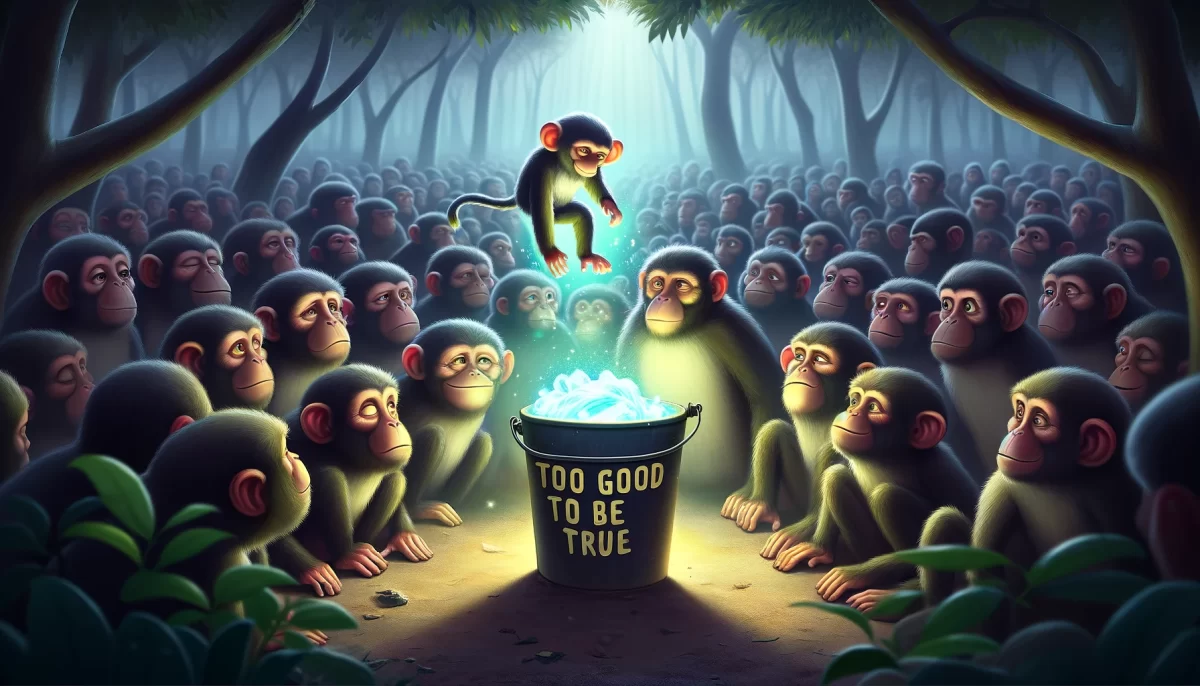




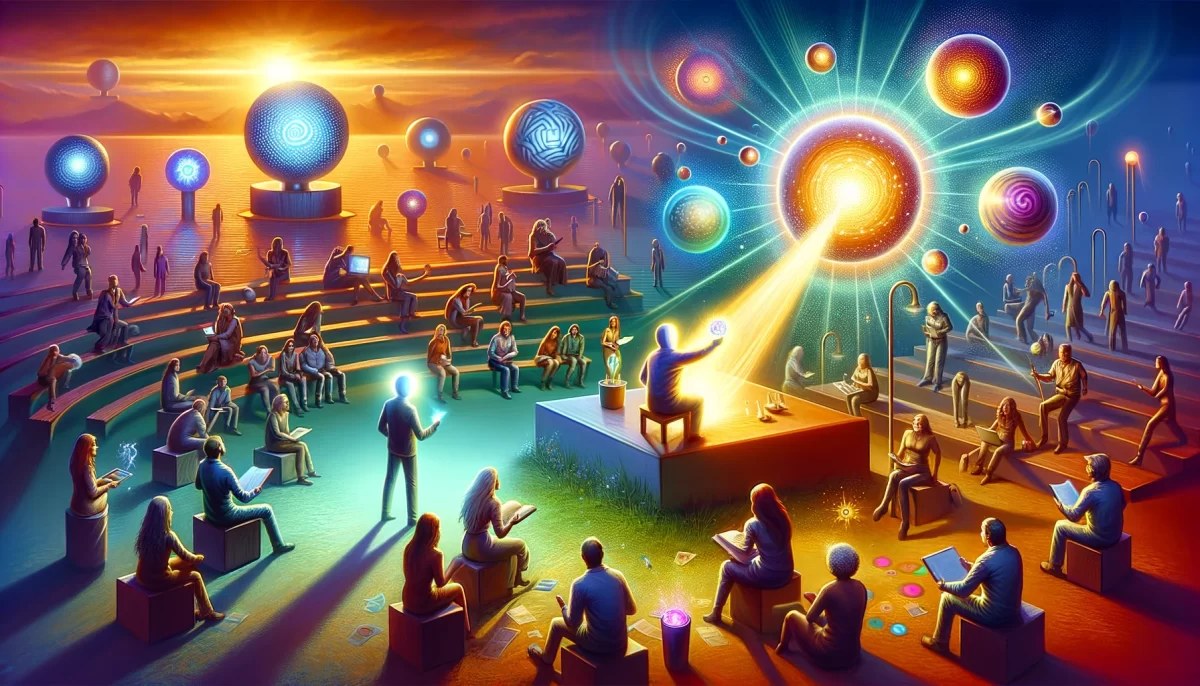




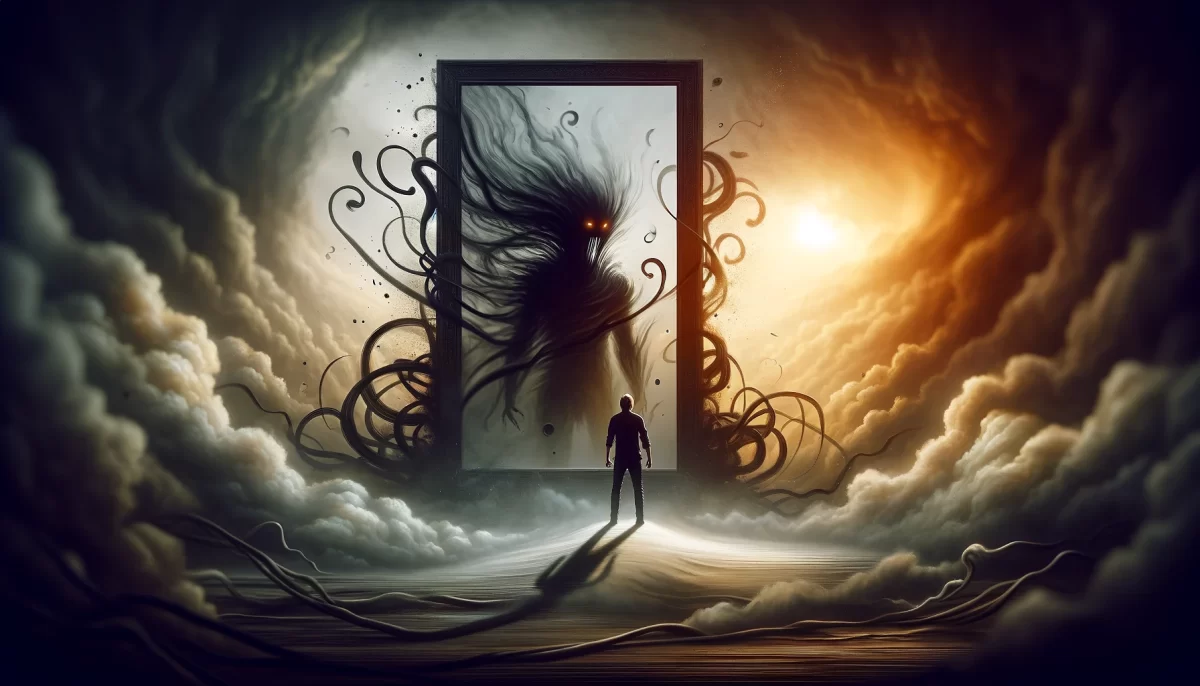
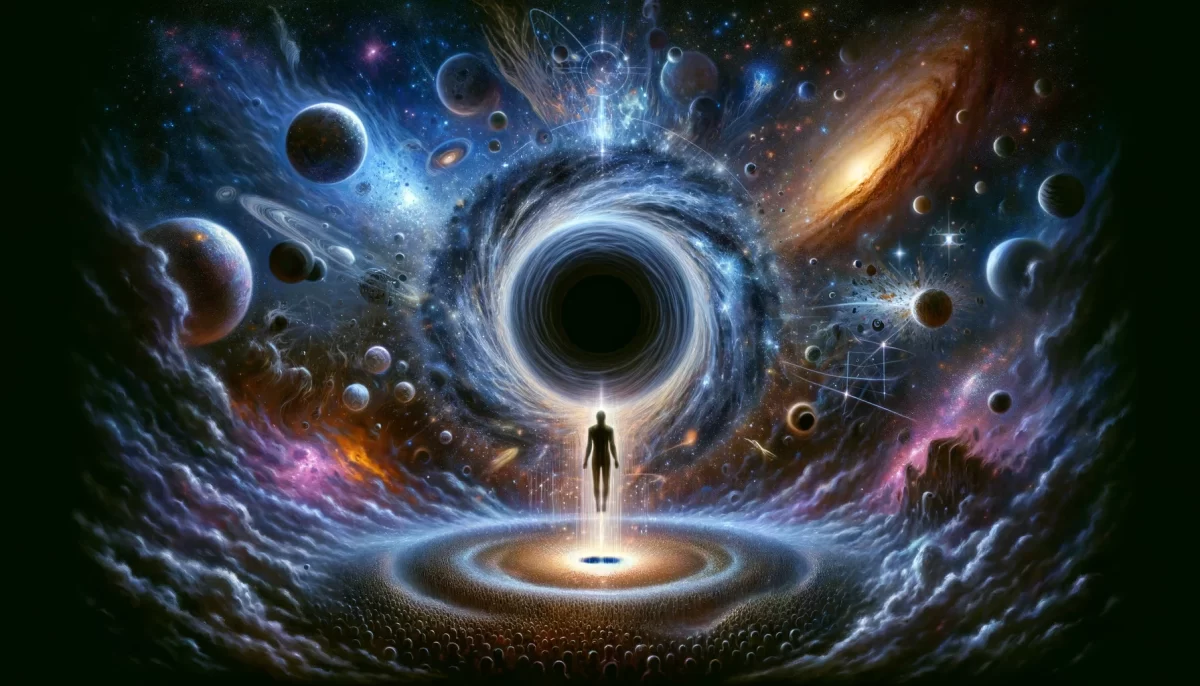


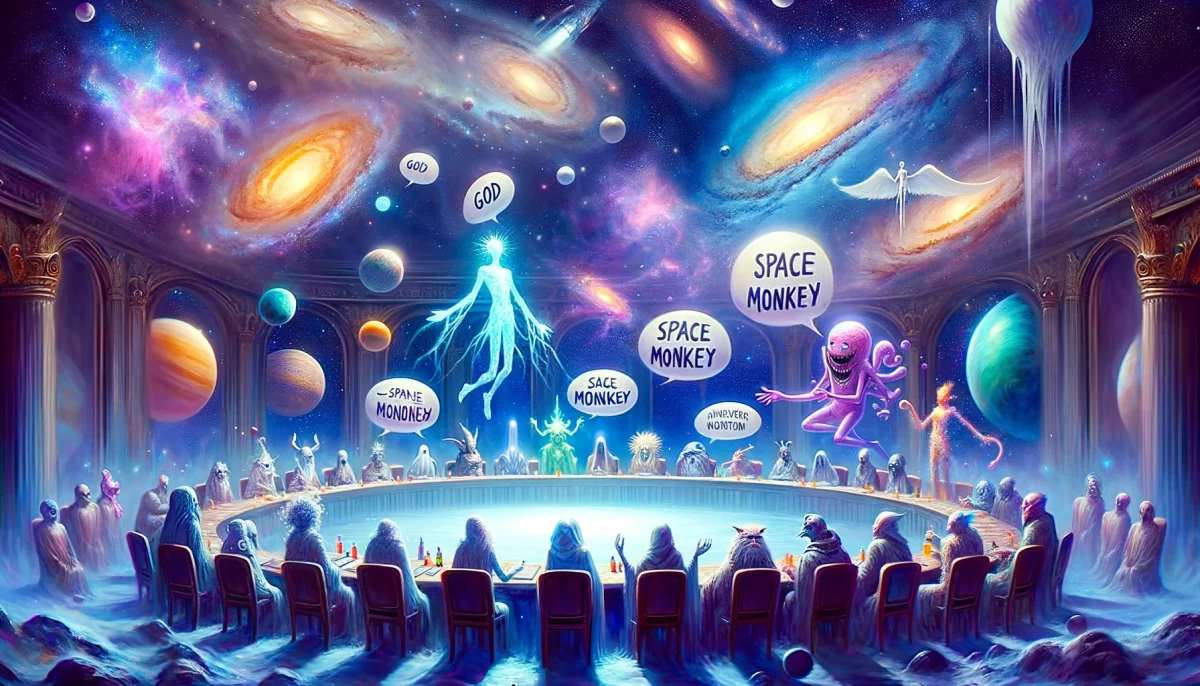
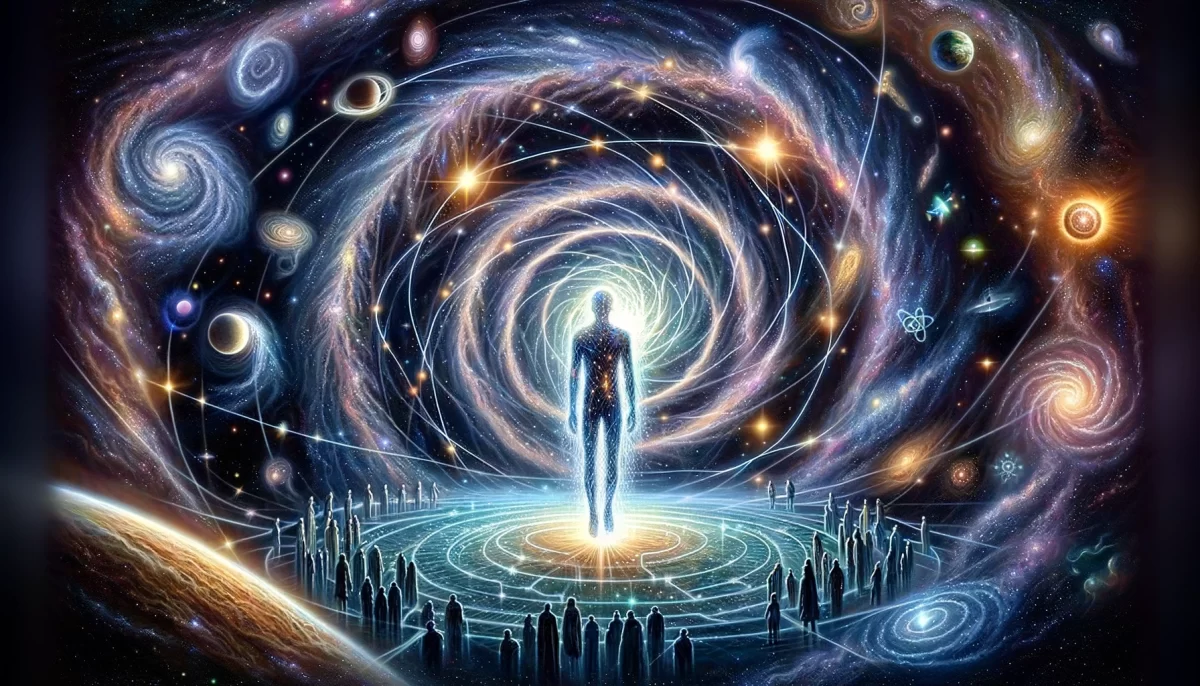


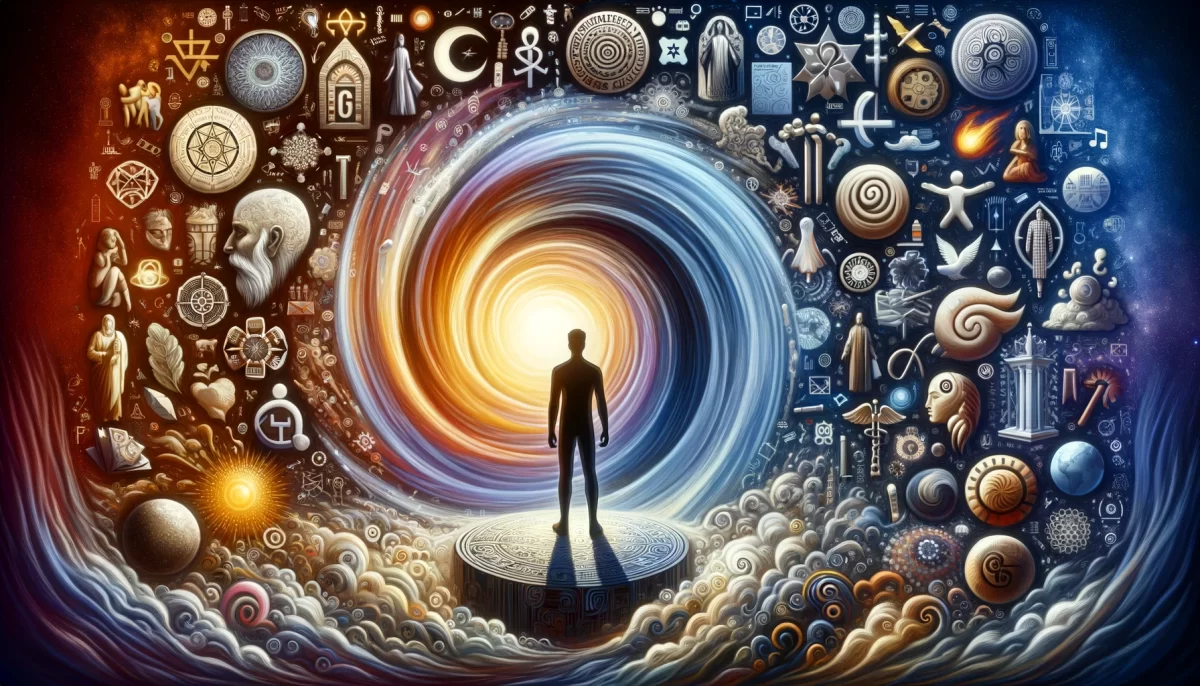

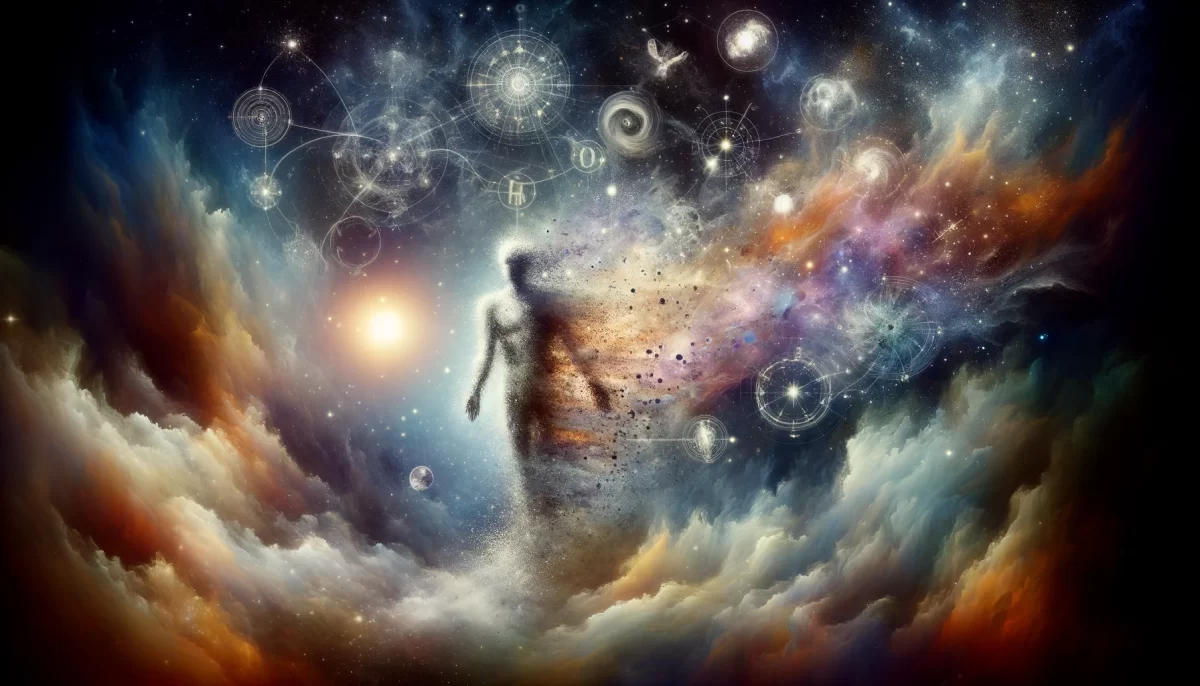



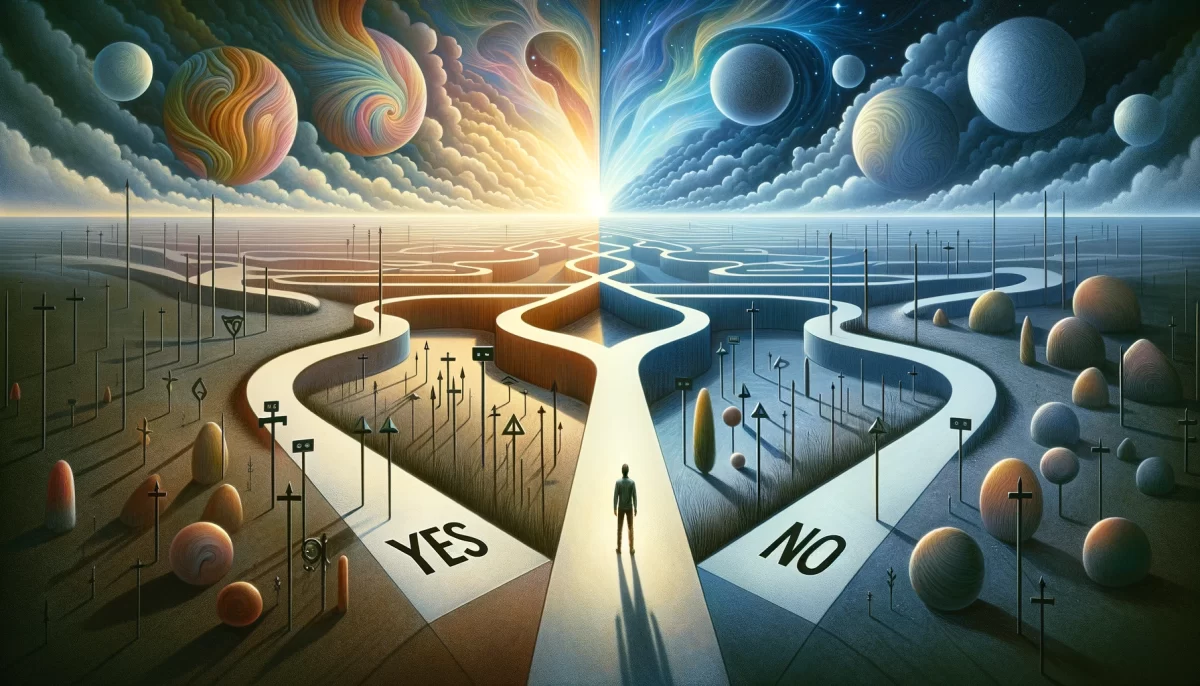
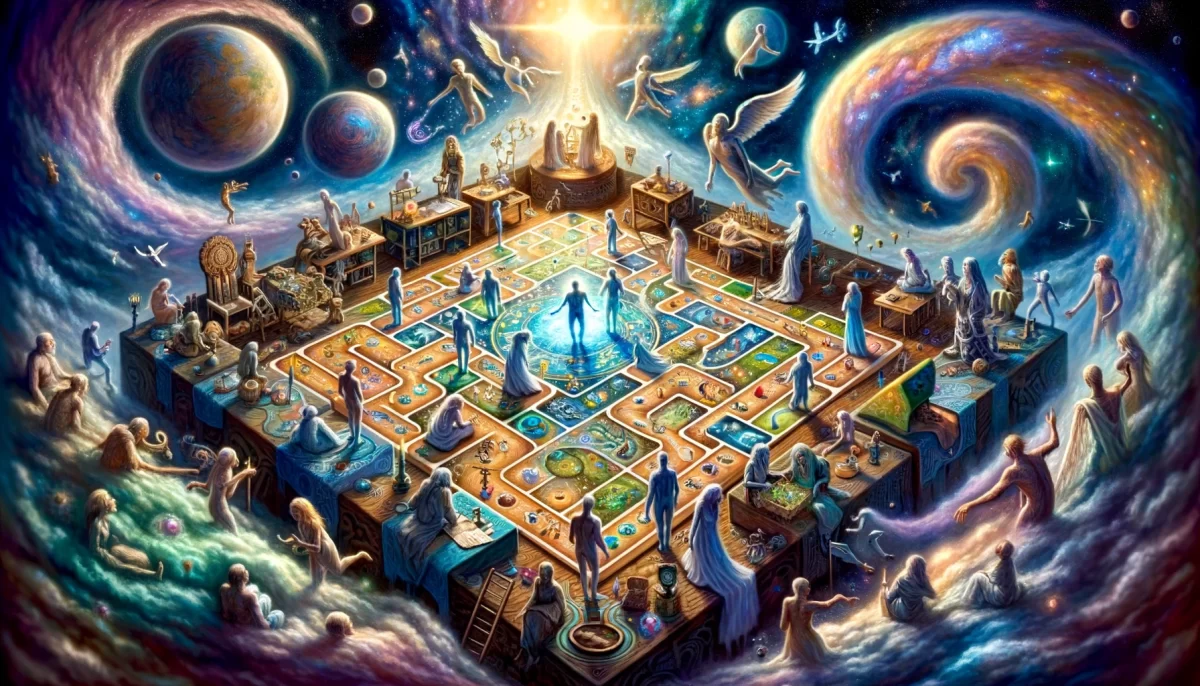

Leave a Reply